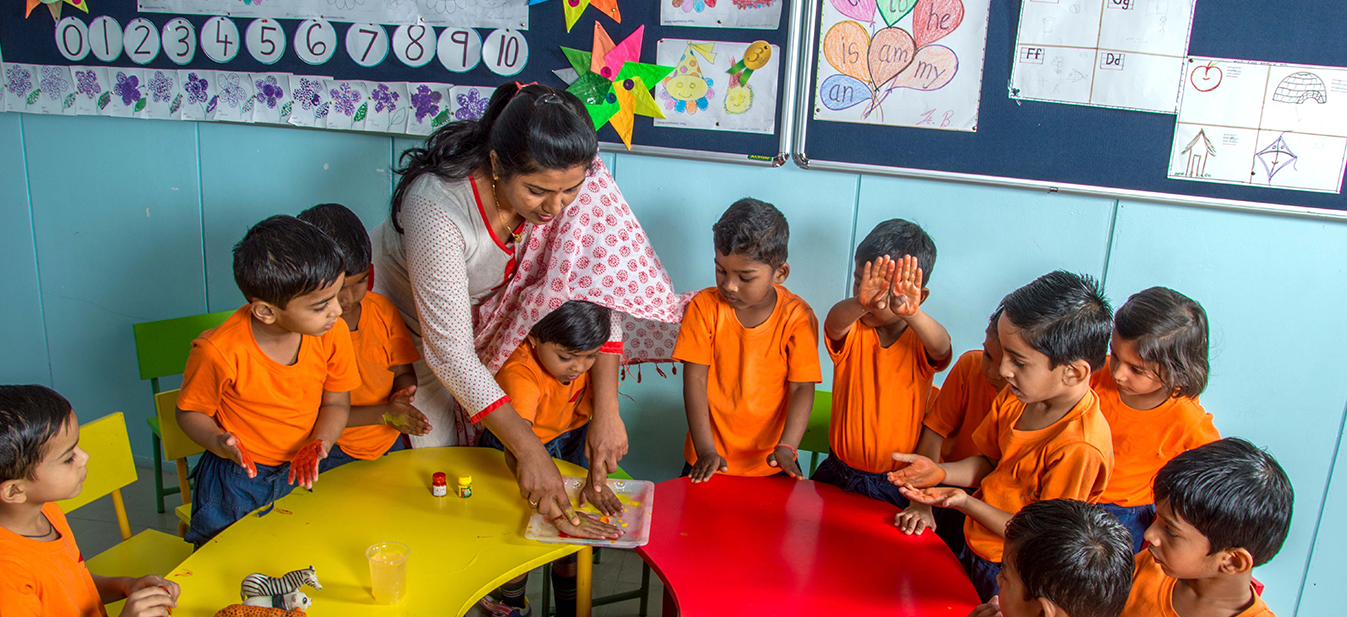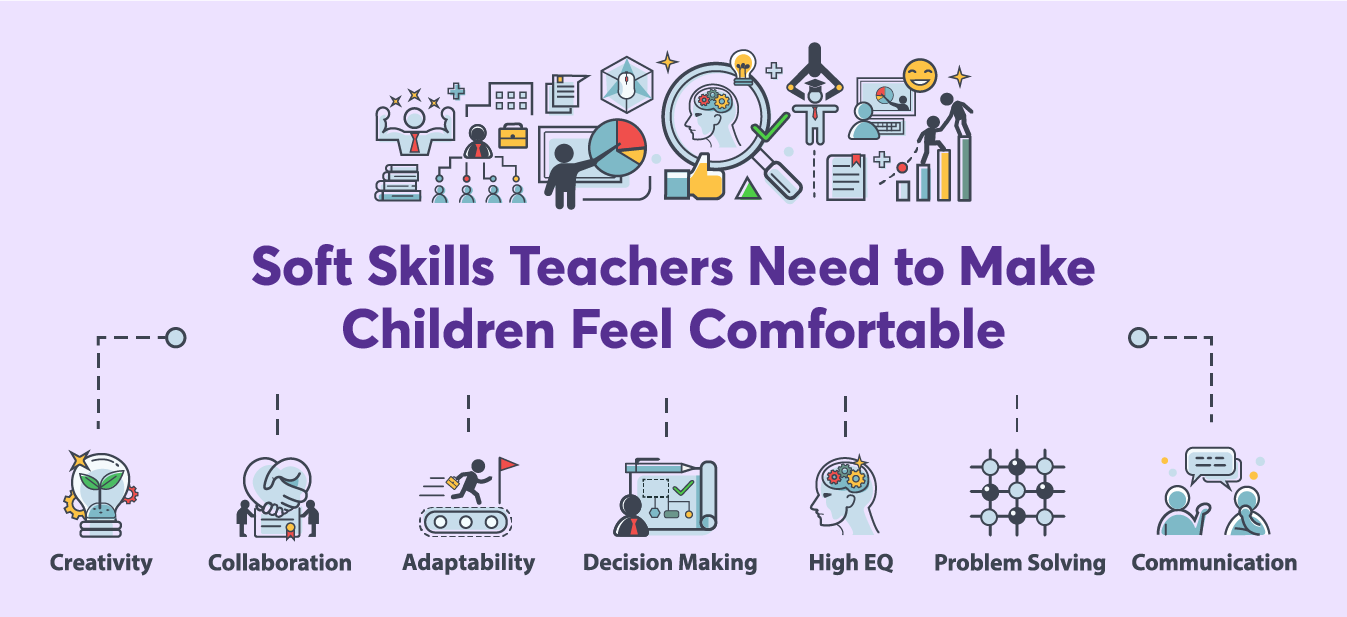Pre-kindergarten is the first significant milestone in your child’s education. Yet, it’s also challenging because you and your child are separated for most of the day. Your child will be learning many new things, so it’s vital that they feel comfortable and secure in their new surroundings. Knowing exactly what to expect during their first day of school can make the separation anxiety a little bit easier on both of you and ensure that they are making the best possible transition into their new classroom.
The following activities will help you and your child be fully prepared for kindergarten.
👉 Talk about the classroom
Talk about what you know about the classroom, like where it is located, what it looks like, who goes there, and why. Then, ask your child questions about their thoughts and feelings on going to pre-k. Are they excited? Nervous? What do they think might happen? What do you think will happen? Tell them about how their day will go, what activities they will do, and who they will have as teachers or other staff members at the school.
The best preparation for this transition is knowing that this is just one more step in the growing-up process. Maintain a sense of excitement for this new experience with your child, but also make sure to ease any worries they might have about leaving you for the first time. Leaving for a few hours doesn’t mean your parent/child relationship will change, it is just another step toward independence!
Here are some ways to help your tot experience the class environment:
- Sing songs together that promote good behavior and positive interactions with friends and family members.
- Read books together that focus on getting ready for school or starting a new adventure in life, such as going to the dentist, or visiting grandma’s house for the first time!
- Have pretend playtime with toys that represent items found in a classroom setting like desks, chairs and pencils etc.
👉 Teach your child how to follow directions
You know that your child will enter a classroom full of new challenges, but you probably haven’t given much thought to how they will learn to handle those challenges. Your child is used to playing freely in the house and doesn’t have much experience following directions. If your child is not used to listening, this is the time to start practicing. You can start with simple commands like “Put your shoes on”, or “Pick up the Toys”.
If they don’t listen the first time around, don’t give up! Keep repeating the command until they comply. This will help them learn to follow directions when teachers ask them to sit still, listen and behave appropriately in a group of other children. Practice at home will make all these things easier for your child.
👉 Help them learn how to share
Many kids struggle with sharing even though they want something or someone else has something they want! Teaching them how to share early on will help them be more willing to do so in pre-K. How you approach the issue of sharing will depend a lot on your child’s age, developmental level, and ability to communicate with them effectively.
Younger children may not understand the concept of ownership and therefore have difficulty grasping why they can’t just take something another child has. To explain why it’s important to share with others, you can start by teaching them about fair play and fairness—that if one person is playing with a specific toy, then everyone who wants to use it should take turns.
These lessons can also be reinforced at home through routines where you’re all using the same item at the same time, like when one sibling is drawing at the table while another is playing with blocks nearby. Show your child by example that sharing space is essential for everyone to get along.
👉 Establish a Routine
A new routine can be challenging for tots, and it will take some time to get them used to it. This is why you should start weeks before school starts. You want to ensure that your child’s sleep schedule is in order, their eating habits are correct, and they know what their day will be like when they return to school.
Begin by creating a schedule for the day with specific times for meals, snacks, playtime, and quiet time. Be sure to include special events like going on walks and trips to the library in your schedule. Ensure your child is well rested and fed before beginning your daily routine. Tired children are much more likely to have trouble adapting to a new schedule.
The first week of school is always filled with tears, but it doesn’t have to be this way. By setting up a routine for your child that follows their natural daily rhythm, you can avoid many pitfalls of adjusting to the demands of school life.
At Square Panda India, we are committed to building the future of education. We bring together educators, parents and children, using cutting-edge technology to directly improve learning outcomes. To know more, visit ecce.squarepanda.in




